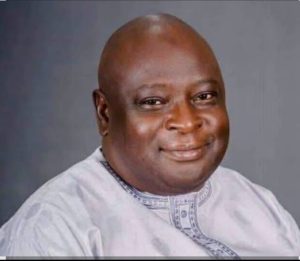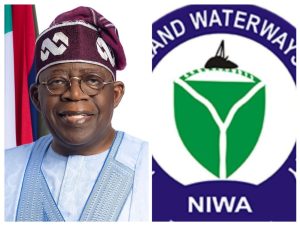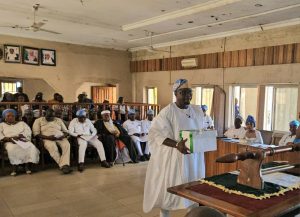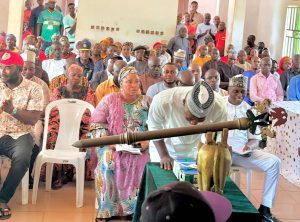Former Gov Yahaya Bello: EFCC’s Attempt to Forfeit Pre-Governorship Assets Violates Legal Norms
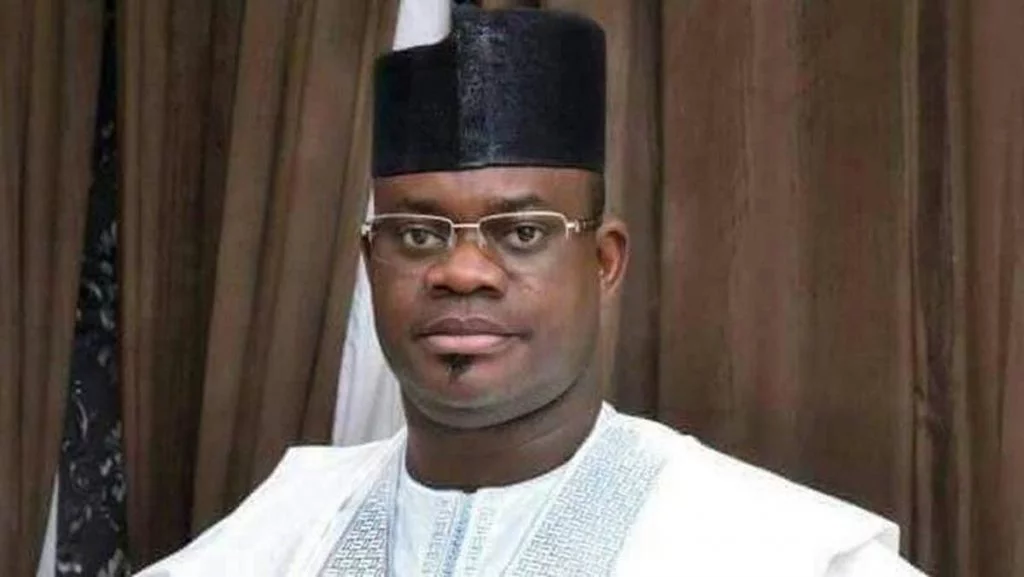
Former Governor of Kogi state, Alhaji Yahaya Bello, CON, has been found in the center of a presumed jurisdictional overreach, not for scandal, but for surviving what many now see as a sustained campaign of media trial and political persecution.
In an unexpected change, the Court of Appeal in Lagos has set aside a lower court’s decision, allowing the Economic and Financial Crimes Commission (EFCC) to proceed with forfeiture hearings on properties allegedly linked to the former governor. However, rather than a legal victory for justice, many observers argue that the ruling reflects deeper institutional overreach and a troubling pattern of trial by media.
Even without an evidence nor conviction, detractors emboldened by political rivalry and amplified by sensational headlines, have tried to paint him as a symbol of financial misconduct. Yet, until today, not a single conviction or proven corruption charge has been laid against him.
The latest ruling by the Appeal Court, though procedural, has raised questions. Legal experts point out that while Section 308 immunity does not extend to properties, the broader concern remains: how far can state institutions go in pursuing public figures without adequate evidence?
“This is less about the law and more about perception,” said a legal analyst who requested anonymity. “There’s a real danger in allowing institutions like the EFCC to act on suspicion alone, especially when tied to former political leaders who may have refused to play along with Abuja politics.”
While Bello has chosen the legal route to clear his name, many of his supporters believe that what is at stake is more than just a few properties, it is the sanctity of constitutional rights, the respect for federalism, and the need to protect individuals from politically motivated investigations.
“The former governor is confident in the source of his assets. Let the courts hear the full story. But we will not sit back while media trials and selective leaks paint a one-sided picture”, a close aide said.
To date, no evidence has directly linked Yahaya Bello to stolen state funds. The properties under scrutiny were reportedly acquired before he assumed office in 2016.
There are now growing concerns that the case may be politically motivated. Yahaya Bello’s firm stance on certain national issues and refusal to align with certain political interests may have made him a target of selective prosecution.
Yahaya Bello, like every Nigerian citizen, is constitutionally entitled to the presumption of innocence until proven guilty. No court has convicted him of any wrongdoing so far. Supporting him is supporting due process and rule of law.
The selective focus of the EFCC on former Governor Yahaya Bello raises critical questions about the consistency and impartiality of anti-corruption efforts in Nigeria. While several high-profile governors have served with considerable public scrutiny, it is notable that many have not faced similar levels of investigation or media exposure. This disproportionate attention on Bello suggests the possibility of politically motivated targeting rather than a uniformly applied rule of law. For anti-corruption initiatives to be credible and effective, they must operate transparently and equitably, ensuring that all public officials regardless of political affiliation or influence are subject to the same standards of accountability.
As Nigerians watch the unfolding drama, it is worth asking: are we witnessing a political trial of another public figure, or the targeted humiliation of a leader who simply refused to bow to certain interests?

